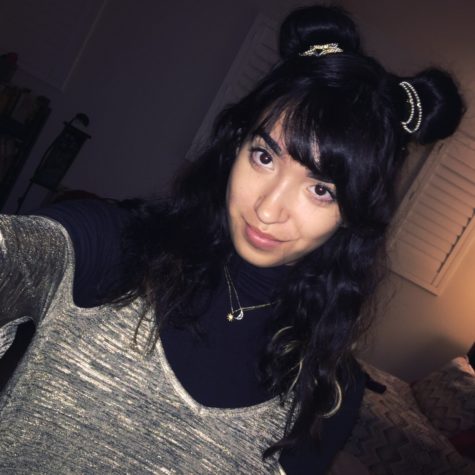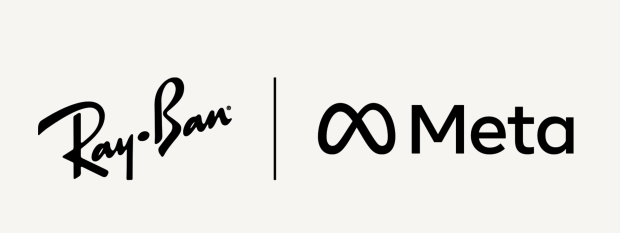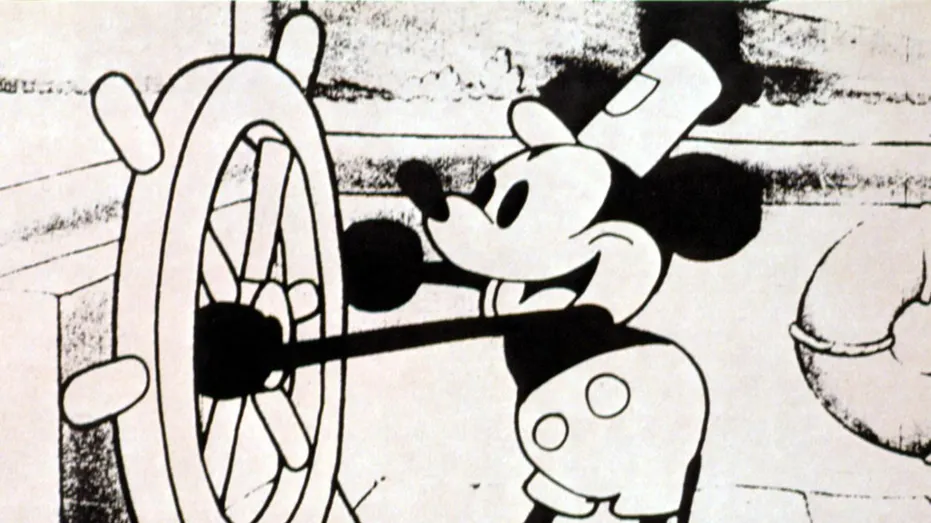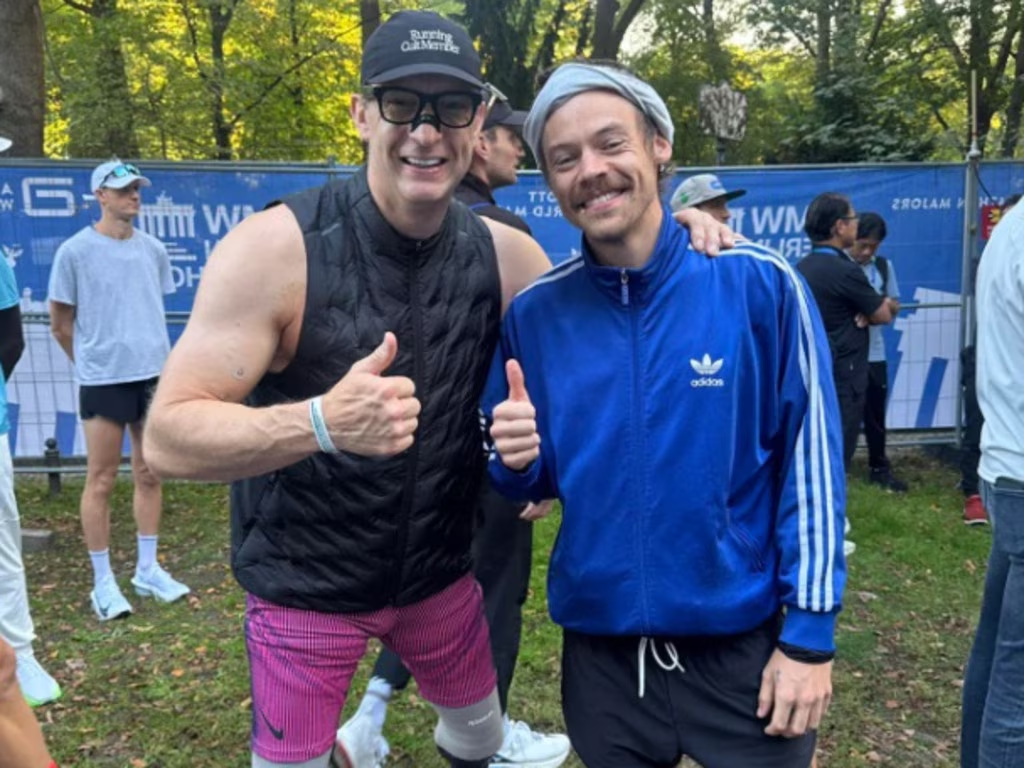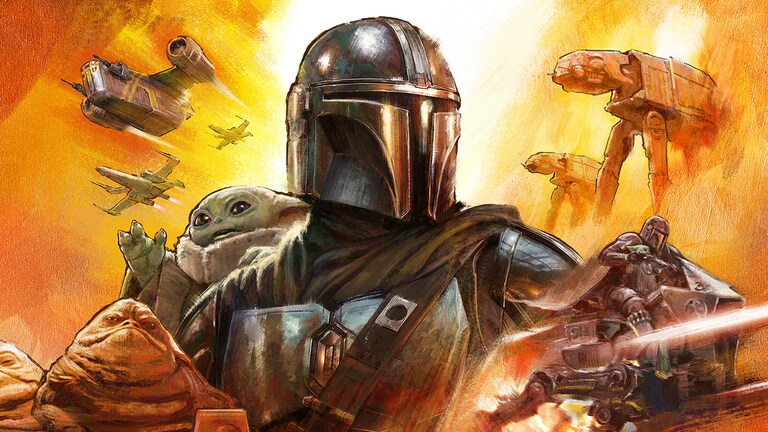Shark Story: Alice Cai (11)
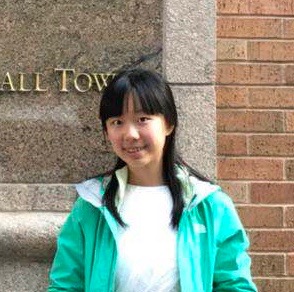
Alice Cai
October 24, 2019
Alice Cai (11) is an extremely determined and hard-working Shark on campus. Besides her impressive academic accomplishments, she has many fascinating extracurricular activities. I had the privilege to sit down with her and find out more about her Go club on campus, her internship at the Jet Propulsion Laboratory, and her plans for the future.
Can you tell us about the club you started—what is it you do and when do you meet?
I started the school’s Go club when I was a freshman, so it has been almost two and a half years. We meet every Monday after school at J101 for an hour, from 3-4. We teach students how to play the board game Go, through practice and discussion. Then, we hold a tournament once a year. We also have potluck parties too!
What is Go?
Go is a really old board game, originating in China. It’s actually one of the oldest games still played in its original form—almost 500 years later. Back then, it was a military strategy game, like among empires and territory. Because of that, it’s a really strategic game, but it’s very different from chess—even though they’re both black and white! In Go, there aren’t limited rules. It’s a 19-by-19 [board] and you can play freely, whatever you want. Also, I believe the movement on the board is 10 to the 10 to the 18th power of possible movements! That really appeals to me, so it’s really fun to learn!
We also meet outside of the school at the Corona Public Library and El Cerrito Library. At the Corona Public Library, we meet the first Saturday of every month, from 1:30 to 4:45, and we introduce the people in the library to take a look. All ages are welcome—we have eighty-year-olds to even four-year-olds—since the rules are very easy to learn. Some of them really fall in love with the game. At the El Cerrito library, it’s every month on Tuesday, but we focus on having students come, which allows them to really start to enjoy it as well.
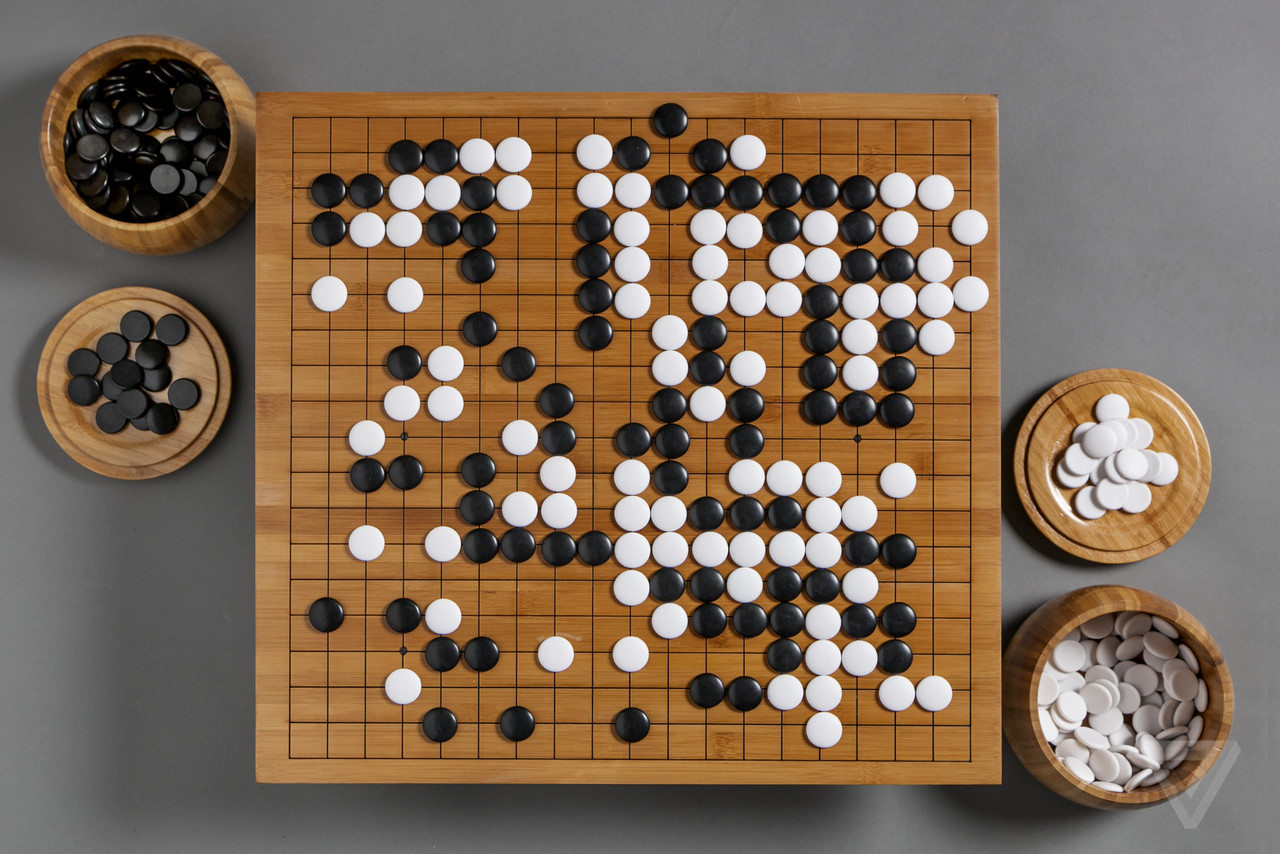
I’m planning a Go tournament this year, and I’m inviting people from all over the nation to come. It’s the first tournament in Corona—there’s only been tournaments in Irvine before. Right now, the date is November 16, 2019. I’m using a scholarship and a sponsorship to put toward it. Even beginners can come to look. I’m really passionate about Go, because you can learn so much from it, even about life, about making choices and movement. A lot of entertainment has to do with phones and social media, but I really hope Go can become a new form of entertainment that’s popular among teenagers. By doing a tournament I can show it to more people.
Outside the club, in terms of extracurricular activities, what do you like to do?
There are a lot of things I like to do! I’ve played piano since I was six. In freshman year, I really focused on piano, because I really loved it. I practiced—in freshman year, not right now—I practiced, four hours every day, and I went to Carnegie hall in freshman year for a solo performance. Also, I did a debate camp at Stanford—I like to debate, too.
But since sophomore year, I started to find my passion really lay with computer science, because I found the opportunity of interning at JPL [Jet Propulsion Laboratory]. JPL is from NASA, associated with CalTech. I really wanted to do it, but I didn’t think I was going to get in, because it’s so competitive to intern—most people there are professional scientists with post-doctorate degrees, but I still tried! And it was worth it!
My first testing project, I was so confused! I had an interview on Skype with my supervisor, and he’s like, ‘You did everything wrong,’ and I was like, ‘No, please! I really want to get this opportunity; can I have one more chance? I will self-study everything and try again!’ And he gave me another opportunity! I self-studied everything and got everything right, so I became a summer intern! I think it was because my supervisor was touched by my attitude so he had me try a second time.
What kind of work do you do there?
Everyone who interns there works on independent projects, so it’s all on you; you’re taking care of the whole project. Maybe if you have a particularly technical question, you can seek help, but you have to figure out everything.
My project is on the Fermi paradox, about extraterrestrial life intelligence—aliens, space life, and the habitability of the galaxy. When I first received the notification that I had the project, I had no clue where to start—I hadn’t even heard of the Fermi paradox before.
Was the project something you picked? Or were you assigned it?
No, I was assigned it. But I actually fell in love with it, it’s so interesting, even if it’s really challenging. My supervisor, of course, wouldn’t expect me to find that many clues on the topic. He’s like, ‘You have your whole life to discover it.’
I started by looking at resources and papers—but I could hardly understand a word from those papers. Those professional works are so complicated. I was able to slowly grasp the ideas, but everyone seemed to be starting their projects already, while I was still trying to understand mine! But everything seemed to work out—I found some awesome works that I could particularly focus on and try to digest. I realized those works all used computer simulation of the whole galaxy—you actually form stars, supernovas, everything in our Milky Way Galaxy—within a computer. I was interested in that idea—it seemed like a perfect approach. But I had no idea how to do start my own simulation! It was so tough—I had to start from scratch.
When I started work on it, I had bugs and flaws and difficulties that kept my simulation from working, so I’m still working on it right now. Actually, two weeks ago, I found a huge structure arrow, which means I have to start everything again!
Have you made any progress?
Yes! I found a really awesome entity-component system, for building a simulation. I learned through struggling with it, but I’m almost finished with my structure.
After reading through professional works, I understood everything they said. That’s really big progress for me because I know what to do now. I’m trying to poke holes and find flaws in those professional works to improve my own work. I don’t have all the background knowledge, but I love learning about it—it’s so much fun.
Do you have a certain time frame to work on your project in?
My supervisor knows this is a really challenging project—there hasn’t been that much progress, even in the professional area. My supervisor hasn’t assigned me a due date because he knows it’s challenging—especially with my schoolwork!—and that there hasn’t even been that much progress with professionals. But I have a ‘due date’ for myself, personally: I hope I can finish everything by the end of 2019. I’ll have winter break to work on it, so I’ll be working all day!
What will happen after that?
My goal for the project is to get published in well-known journals, which my supervisor said was super hard because I’m a high school student—they might refuse my work without looking at it just because of that. But I’ll still try my best.
After the project, I will have to write a ten-page formal research paper, and my supervisors say it’s the most important thing because that’s where I present my idea to the professional field, so it has to be really clear and strong. I’m okay with school writing, but I don’t think my writing isn’t advanced enough to support such professional work. Plus, English is not my first language, Chinese is.
When did you come to the United States?
I came three years ago, in eighth grade. There has been a lot of progress in my English, but I don’t think it’s enough for all the things I’m doing. But I’m always learning!
Were there any big adjustments you had to make when you moved here?
Of course. The biggest would have to be the language. When I came here, my English was so bad! I didn’t understand anything! Also, the structure of school with block schedules with the different classrooms; we didn’t have that in China, we stay in one classroom the whole day. I couldn’t speak English by that time, except for ‘thank you’ and ‘sorry’! I had to use all the translating tools on my phone. I tried to memorize 200 vocabulary words every day to get adjusted to English—it really helped. At first, I couldn’t understand class at all. But step-by-step, I began to understand the classes, three months after I came here.
Were there any big similarities, maybe you weren’t expecting, but that happen in both places?
You need to try hard in both to learn!
Finally, do you have any thoughts or plans for after you graduate? Any directions you’re leaning toward?
So far, my biggest goal is to get into my dream school, which is MIT. My major right now is probably going to be computer science because I found myself getting into it, building all those fun simulations. My career, I’m not too sure about yet, I’ll have to find out in college—hopefully MIT!—and look for where I really want to go.
But, if I don’t get into MIT, another of my dream schools is Princeton. Still the same major—but at Princeton, there’s a gap year program where you can choose a destination before your undergrad year for free. I really want to go to Bolivia, to learn a different culture and language, volunteer there, and live with a local family.

